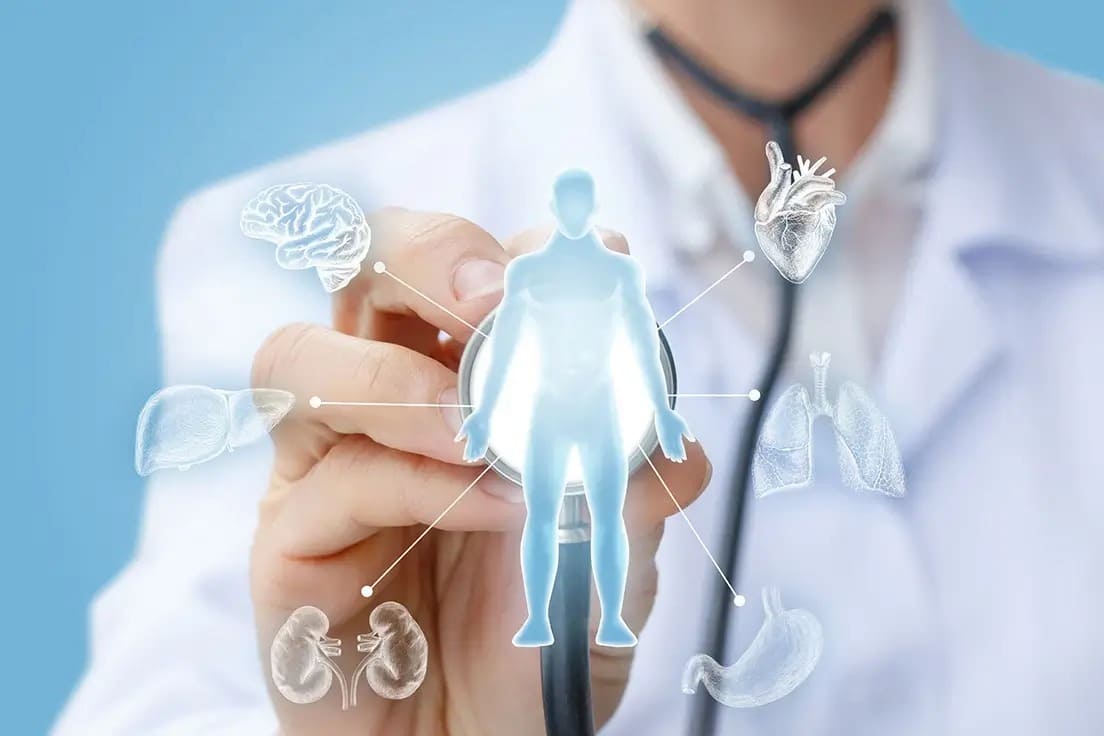Pulmonary atresia
Pulmonary atresia, pulmonary stenosis, Tetralogy of Fallot, hypoplastic left heart syndrome and tricuspid atresia.
Heart valve disease
Heart valve disease (mitral-aortic, mitral-tricuspid), or triple (mitral, aortic, and tricuspid) valvular regurgitation
Carotid stenosis
A narrowing of the major arteries on each side of the neck is known as carotid artery stenosis. Blood flows through these arteries to the head, face, and brain. This constriction is frequently caused by plaque buildup within the arteries.
Aortic valve disease
Aortic valve disease is a form of heart valve disease that affects the aortic valve. The valve between the lower left heart chamber (left ventricle) and the major artery to the body (aorta) doesn't operate correctly in aortic valve disease.
Rheumatic heart disease
Rheumatic heart disease is a disorder in which rheumatic fever permanently damages the heart valves.
Mitral and Aortic valve stenosis
Mitral valve stenosis, also known as mitral stenosis, is a narrowing of the mitral valve in the heart. This defective valve does not open correctly, preventing blood flow into your heart's main pumping chamber (left ventricle).
Stenosis
The passageway for blood from the heart to the aorta is narrowed (stenosis). Your heart has to work harder to pump enough blood into the aorta and the rest of your body when the aortic valve opening is constricted.
Severe Aortic Stenosis
Your aortic valve leaflets can't open and close correctly if you have severe aortic valve stenosis. Your heart has to work harder to pump blood to the rest of your body as a result of this.
Pulmonary valve stenosis
The valve between the lower right heart chamber (right ventricle) and the lung arteries is narrowed in pulmonary valve stenosis (pulmonary arteries). Valve flaps (cusps) can thicken or stiffen in a constricted heart valve.
Atherosclerosis
The arteries thicken or stiffen as a result of atherosclerosis. A accumulation of plaque in the inner lining of an artery causes it. Fatty compounds, cholesterol, cellular waste materials, calcium, and fibrin are all found in plaque.
Clogged heart arteries
A deposit of a material called plaque on the inner walls of the arteries causes clogged arteries. Arterial plaque can restrict blood flow or completely stop it in rare cases. Heart attacks, strokes, and even mortality are all increased by clogged arteries
Heart failure
When the heart muscle doesn't pump blood as well as it should, it causes heart failure, also known as congestive heart failure. When this happens, blood can back up in the lungs and fluid can build up, causing shortness of breath.


